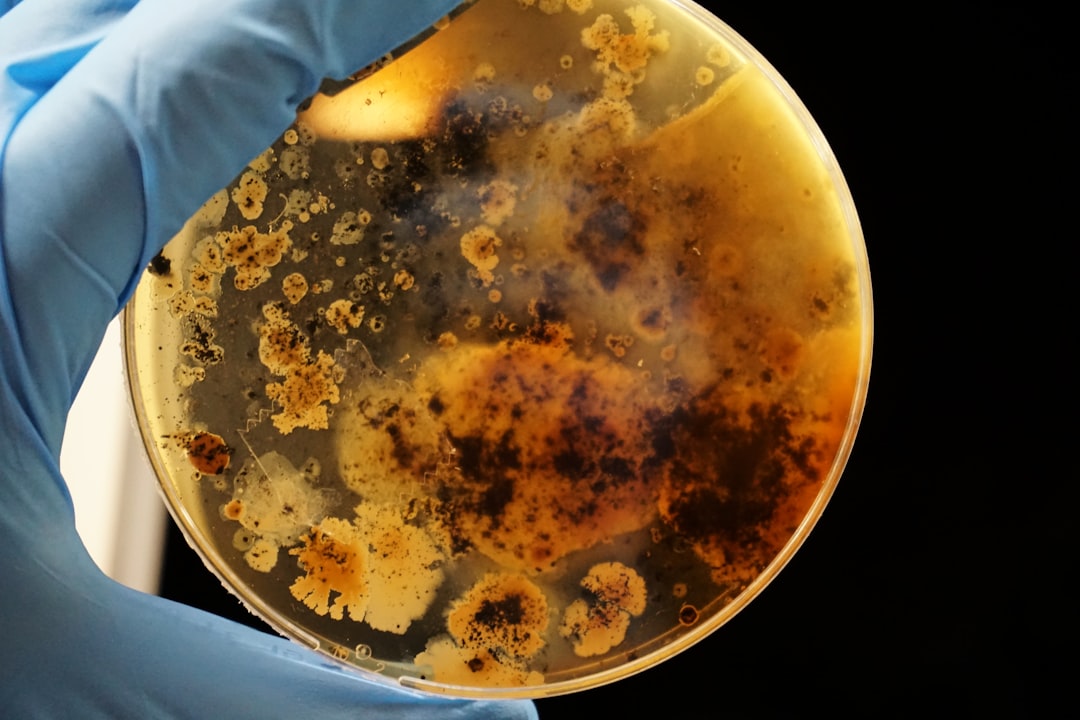What is it about?
The present pandemic of SARS-CoV-2 has been a tough task for the whole world to deal with. With the absence of specific drugs or vaccines against SARS-CoV-2, the situation is very difficult to control. Apart from the absence of specific therapies, the lack of knowledge about potential therapeutic targets and individual perception is adding to the complications. The present review describes the novel SARS-CoV-2 structure, surface proteins, asymptomatic and symptomatic transmission in addition to the genotype and phenotype of SARS-CoV-2 along with genetic strains and similarity between SARS, MERS and SARS-CoV-2. Therapeutic strategies such as inhibition of the endocytic pathway and suppressing RNA polymerase activity by metal ions, which could be quite beneficial for controlling COVID-19, are outlined. The drug repurposing for SARS-CoV-2 is discussed in detail along with therapeutic classes such as antivirals, antibiotics, and amino quinolones and their probable role in suppressing SARS-CoV-2 with reference to case studies. The ongoing clinical trials both with respect to drug repurposing and vaccines are summarized along with a brief description. The recent advancements and future perspective of ongoing research for therapy and detection of SARS-CoV-2 are provided. The review, in brief, summarizes epidemiology, therapy and the current scenario for combating SARS-CoV-2.
Featured Image

Photo by Martin Sanchez on Unsplash
Why is it important?
With the rapid increase in COVID-19 cases through out the world, the research for development of drugs and vaccines have gained a momentum. During this prevailing condition of pandemic, the fast development of vaccines is required but it will take time as ongoing clinical trials are necessary for assessing the biocompatibility and toxicity of developed vaccines. Drug repurposing has proved to be the most efficient approach towards the treatment of COVID-19. Drugs from various therapeutic category alone or in combination have been explored and many combinations specially antivirals have proved to be effective against the disease although the dose and combination of repurposed drugs has been selected on trial basis and clinical trials on many repurposed drugs have been called off sighting toxicity and efficacy issues. The concept of drug repurposing is quite useful and may have demonstrated effectiveness but this might vary with the severity as well as with subjects on which treatment is being done. In case of vaccines, multiple vaccines have demonstrated positive results and will be goining to next phase soon giving hope for early commercial launch of vaccines against COVID-19. Amongst alternative therapeutic strategy, Indian council of Medical Research recently approved clinical trial for use of herbal formulation against COVID-19 while plasma therapy has demonstrated significant results and may be explored more in near future. With the ongoing pace of research being conducted in this area, the world will be able to tackle this pandemic and life could be normal like before very soon.
Perspectives
Considerable progress was made in the in vitro diagnostic test (IVD) for COVID-19. Real-time reverse transcriptase-polymerase chain reaction (RT-PCR) is the basic ideology for IVD which takes a few hours for the results. Few industries have managed to reduce the test time from 3 h (Cepheid) to 5 min (Abbot). A wide array of serology immunoassays (IAs) that primarily detect IgM and IgG were also developed (automated chemiluminescence IA, manual ELISA, rapid lateral flow IA), complementing the COVID-19 diagnostic molecular assays. The production of SARS-CoV-2 antiviral drugs remains problematic as there are no officially approved drugs and vaccines for the treatment of COVID-19. Hence, we must rely solely on implementing preventive and stringent control measures to reduce the possibility of potential transmission of diseases. Furthermore, the currently limited knowledge for therapeutic drugs must be used thoroughly to establish strategies for drug application to inhibit and manage SARS-CoV-2 transmission. While research is underway to improve COVID-19 prevention, treatment, and control, the reported clinical data on various therapeutic approaches are limited. Several preclinical trials show that S protein is a key viral antigen for vaccine development. Detailed clinical trials for already licensed products are being performed on COVID-19 affected patients since they have a well-established safety profile. Studies performed in vitro for an antiviral and antimalarial drug namely remdesivir and chloroquine have shown promising results in suppressing the virus. In a recent study dated 9th April 2020, 1061 patients were treated for COVID-19 using a combination of Hydroxychloroquine-Azithromycin (HZQ-AZ) for 3 days and a follow up of 9 days. The results depict that 91.7% of the patients were cured while 4.3% required intensive care units and 0.47% of patients died. The authors reported that HZQ-AZ combination is a safe and effective treatment if begun immediately after diagnosis, and in most cases clears up the virus persistence and contiguity. In the future, research must be carried out using an effective animal model that analyses the virus's replication, transmission and pathogenesis also integrating the imaging and molecular diagnosis will help to efficiently track and treat COVID-19.
Mr. AJINKYA NITIN NIKAM
Manipal College of Pharmaceutical Sciences, Manipal
Read the Original
This page is a summary of: Potential therapeutic targets for combating SARS-CoV-2: Drug repurposing, clinical trials and recent advancements, Life Sciences, September 2020, Elsevier,
DOI: 10.1016/j.lfs.2020.117883.
You can read the full text:
Resources
Contributors
The following have contributed to this page










